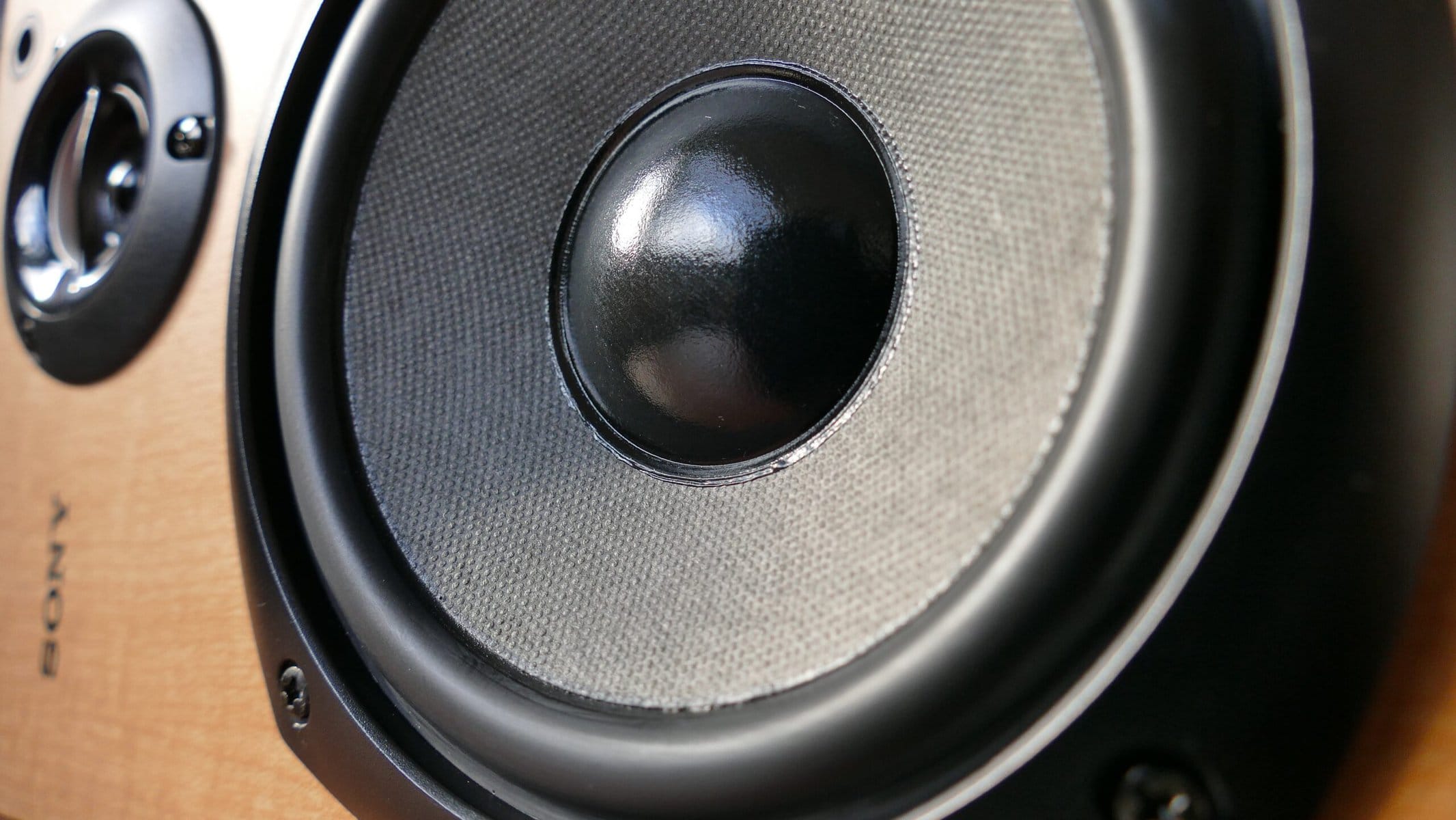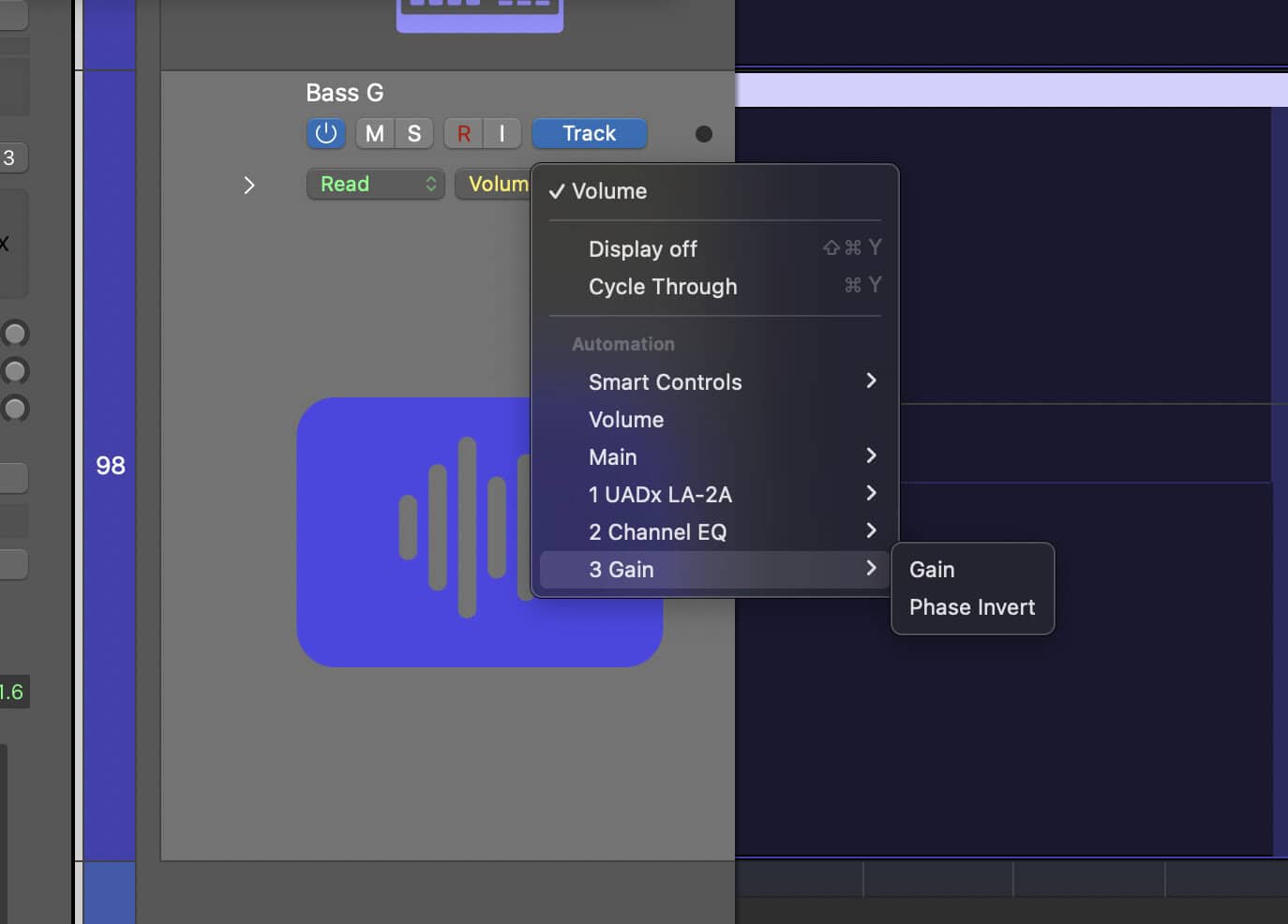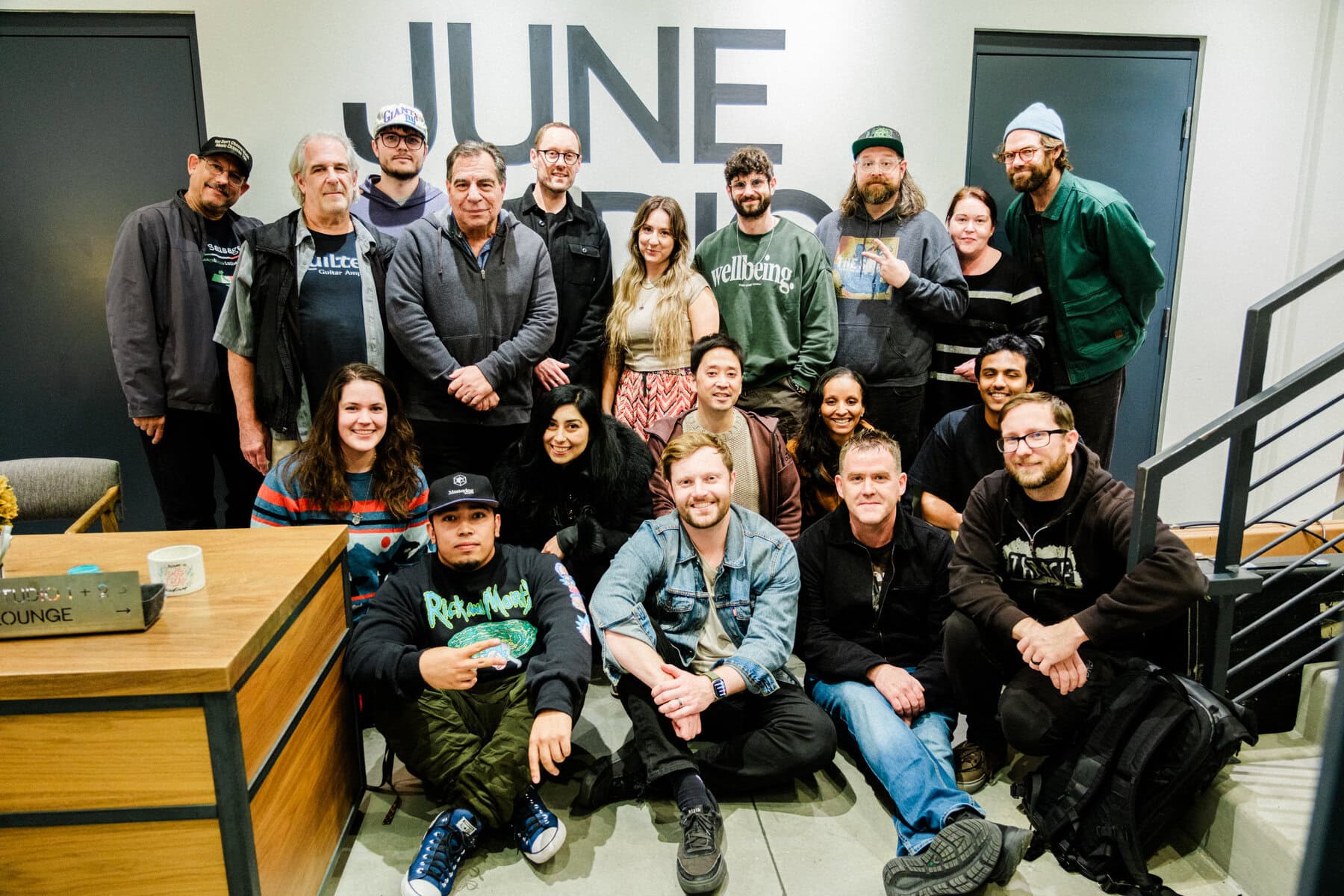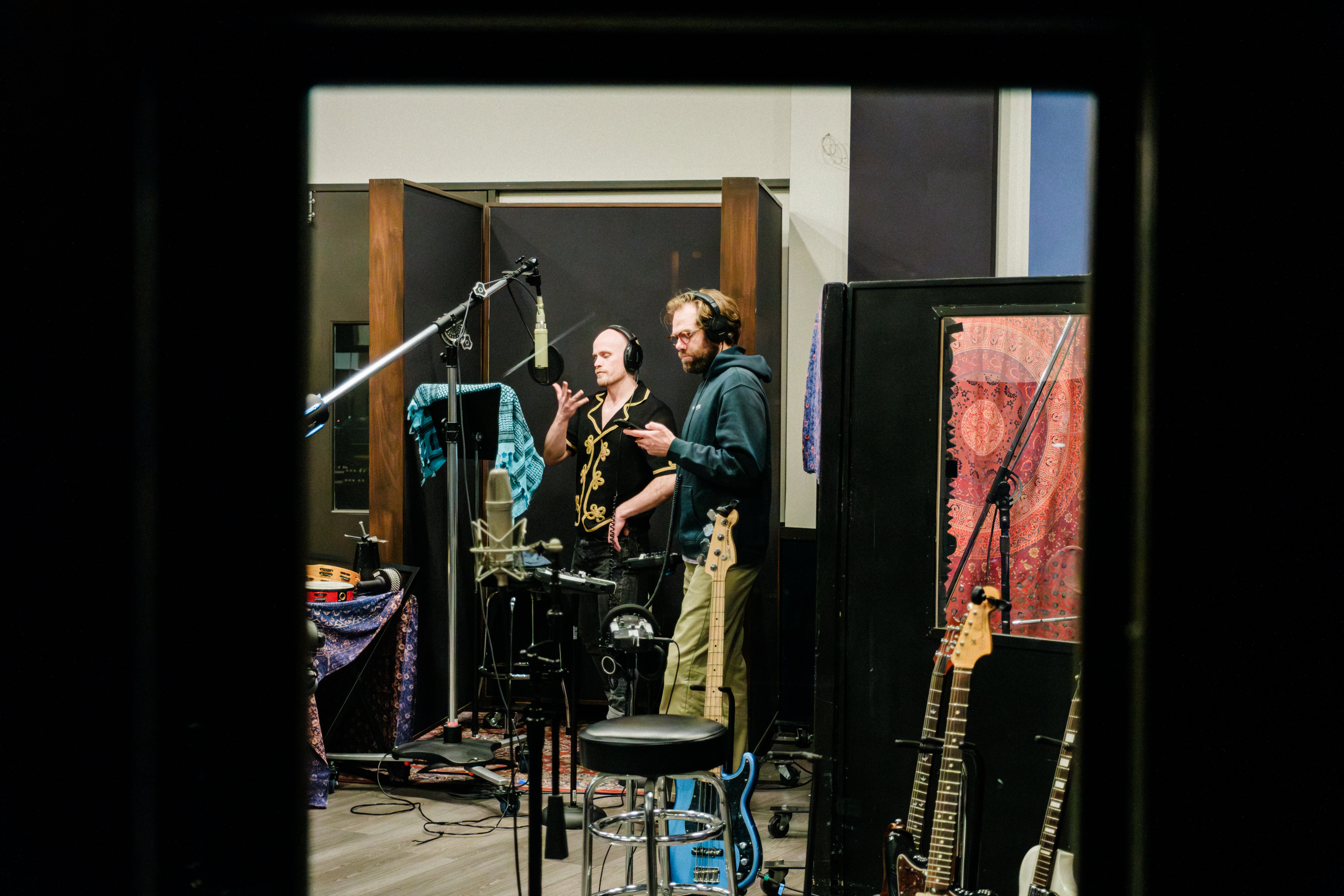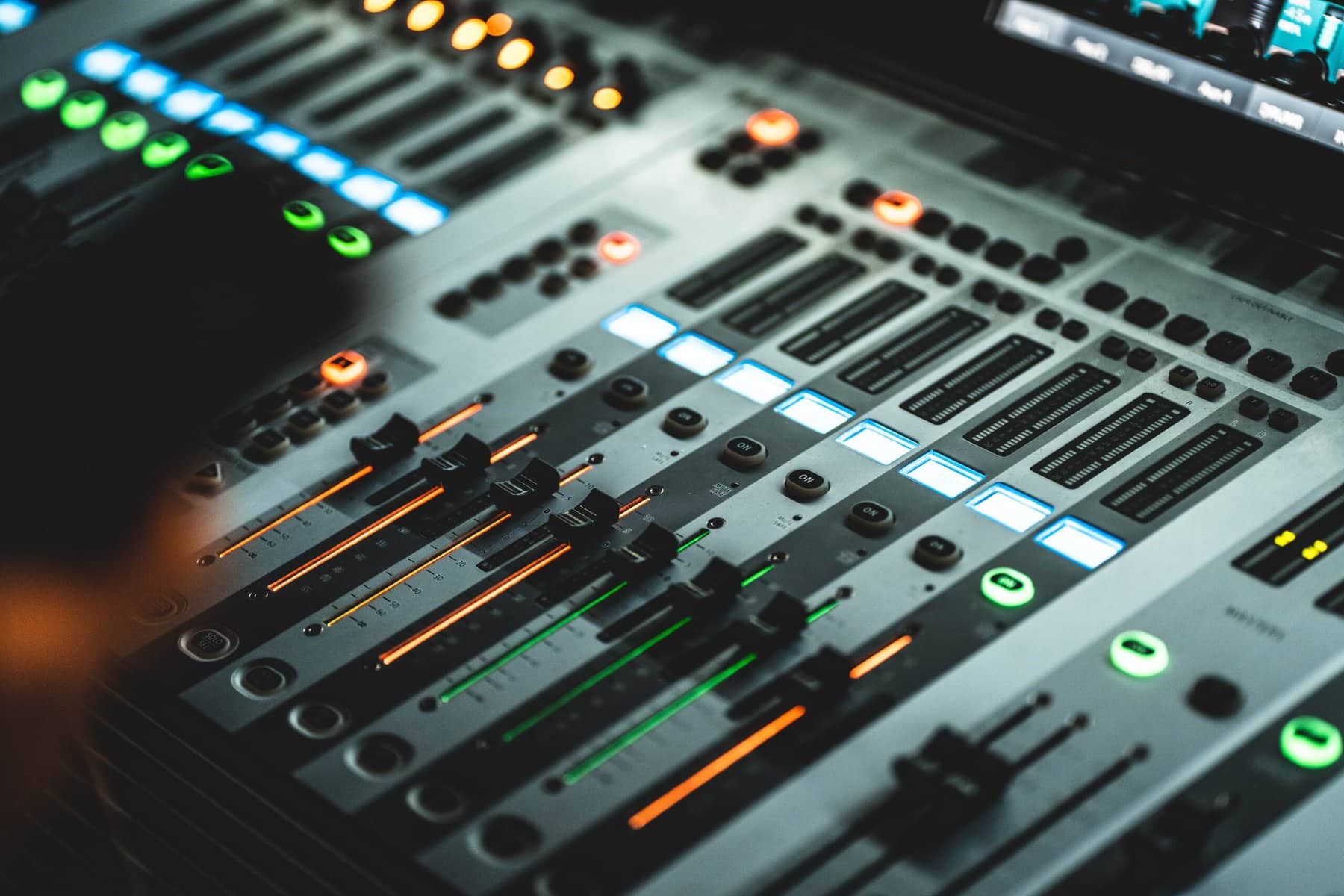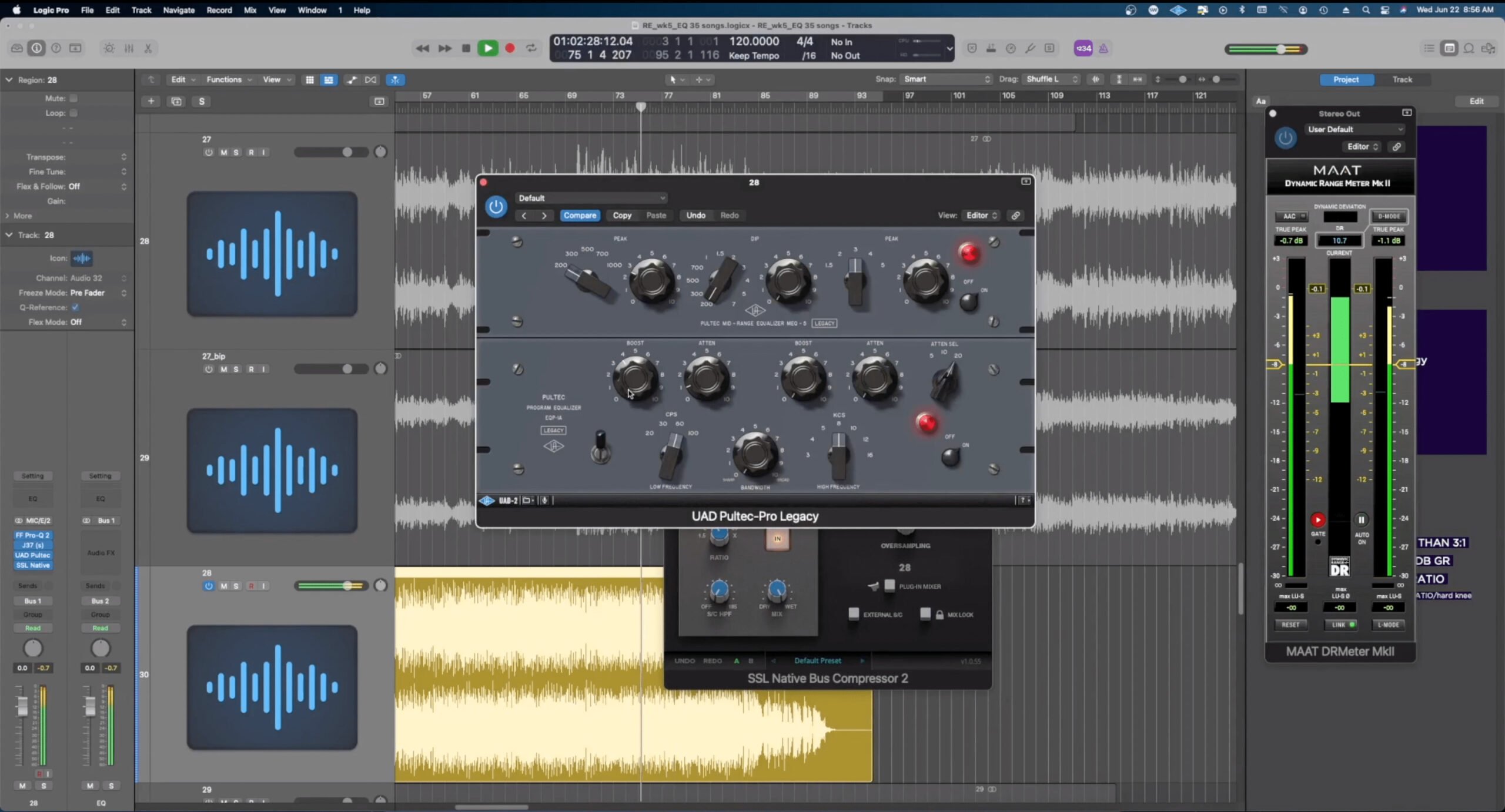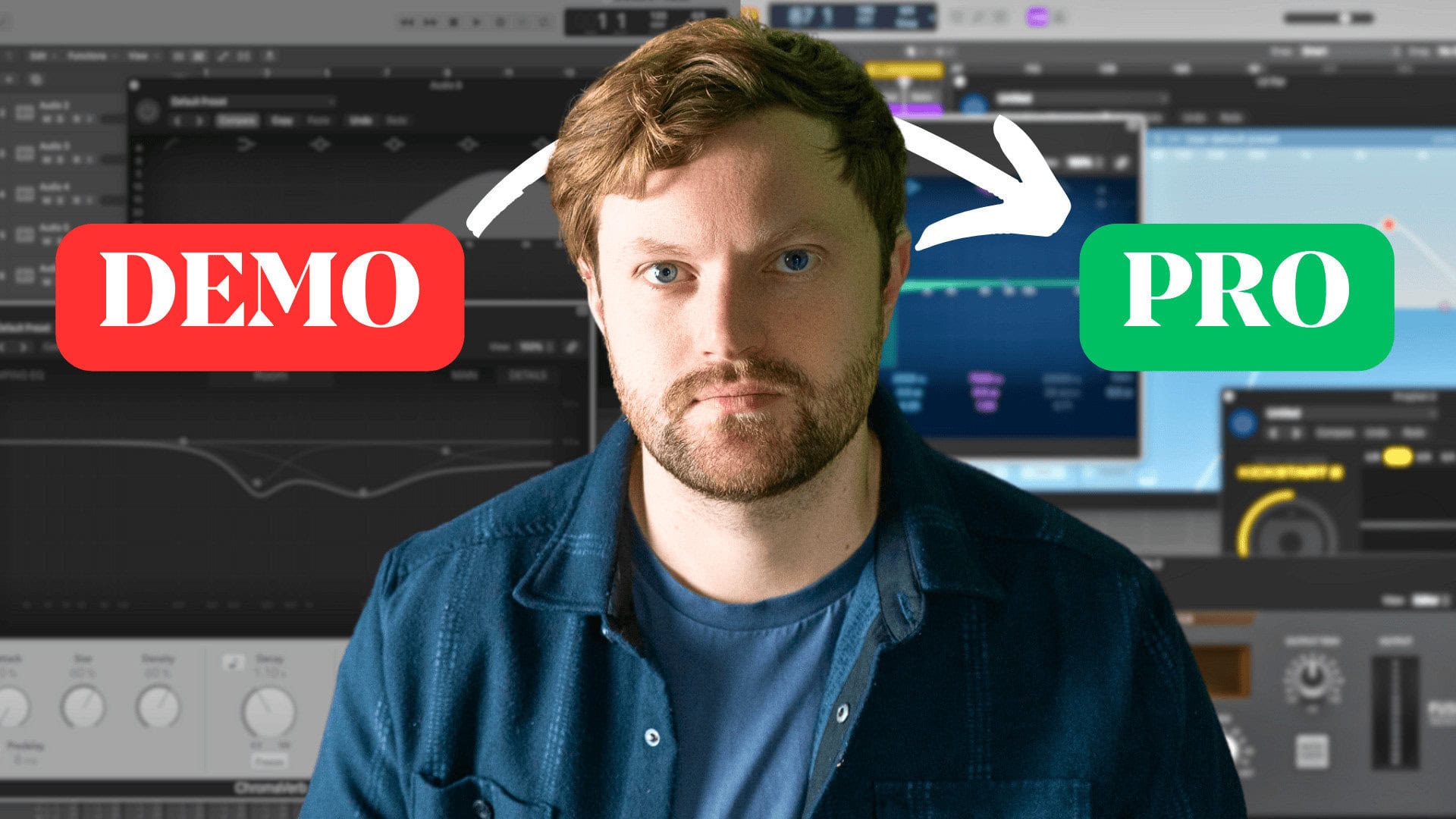Trying to figure out the difference between mixing and mastering?
I know the feeling. It took me a few years before I really understood it myself.
I’ve since learned how different they both are. And how IMPORTANT each one is to a professional sounding song.
Get industry quality every time (steal this framework)
I’m guessing you’re here because you want to make your mixes sound professional.
So before you read this entire post, I wanted to let you know that we have an in-depth video training that covers a totally new approach to music production. Inside, I reveal why learning mastering is actually the key to unlocking your potential as a mixer and producer.
And it might be better for you to start there first — especially if you’ve been doing this for a while, and you want your mixes to sound industry-standard… but you’re still struggling to achieve the sound in your head.
If that’s you, you need to watch this:
But if you just want to learn all about Mastering specifically, keep reading.
What Is Mixing?
To start us off: what is mixing?
Mixing, in a few words, is all about balancing individual instruments together.
The job of a mixing engineer is to take several instruments and balance their
- Volume
- Frequencies
- Dynamics
- Spatial placement
Sounds complicated, doesn’t it? If you strip away the jargon, though, all that means is this:
You don’t want your instruments to be too loud or too soft. You don’t want them covering each other up in the frequency spectrum. You don’t want their transients sticking out too much, and you want some to sound closer to the listener than others.
So… volume, EQ, compression, and reverb/delay. Simple as that.
Back in the days before analog effects (pre-1950s), mixing engineers were called balance engineers. Their entire job was simply to balance the loudness of the recorded instruments.
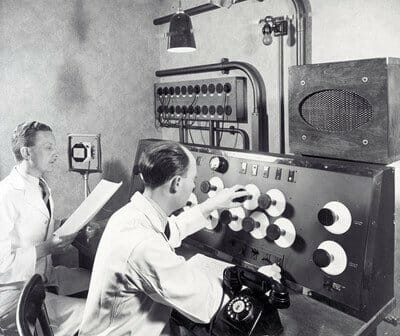
Times have changed of course. Your job as a mixer is much more complicated than the old days. But the key concept is the same: you are trying to create balance.
However, mixing is a two-step process. First, you create balance. Then, you create emotion.
Balance is all about creating an objectively good mix. It’s about making the song sound presentable.
But once that’s done, you’re trying to make the mix subjectively great. You’re creating a mix that holds the listener’s attention and pulls at their heartstrings. You use the tools at your disposal to make the song sound better than it ever could in real life.
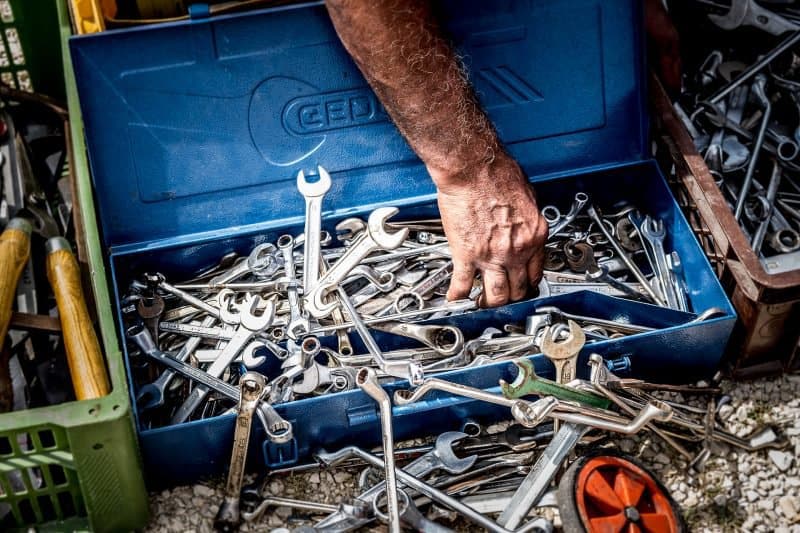
In a word, you are trying to make the mix sound hyper-realistic.
This is achieved by making hundreds of small, subtle moves that produce a better sounding song. You’ll use new tools (chorus, saturation, phasers, stereo wideners, automation, and dozens of others) to create a sound that is out of this world.
Up to 80% of the sound of a song comes from the mix.
You have access to every instrument. So you have the power to create a foundation of sound that the mastering engineer cannot touch.
However, that last 20% that comes from mastering is EQUALLY important. Without a master, your song will never sound professional.
Here’s why.
What Is Mastering?
Mastering is the final step in the production process. No one starts mastering until the mix is complete.
Typically, mastering engineers get the exported mix from the mixing engineer. Then they get to work.
There’re 3 goals of the mastering process:
- To make the track louder
- To make the track sound better
- To make the track more translatable in all kinds of speakers
The point of mastering is to make a song sound like other professional songs on the market. When they’re heard on the radio, in a playlist, or in the credits of a movie, they shouldn’t sound out of place.
That means they must be the same level of loudness, have a similar frequency response, and sound great over any speaker.
To do this, mastering engineers use the same key tools as mixers—volume, EQ, and compression—but put all the processing on the entire mix.
They’re also the only ones to use the holy grail of mastering, the limiter.
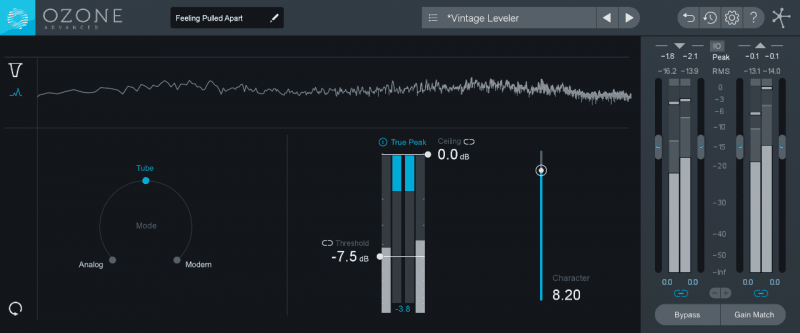
A limiter is a tool that increases both the actual volume of the track and the perceived volume of the track.
Basically, they use a limiter to make the song seem louder than it is. This then makes the song more powerful and exciting.
There’s also one other important reason to get your song mastered: to get a second opinion.
Mastering engineers are a pair of fresh ears. They can catch mistakes that the mixer missed.
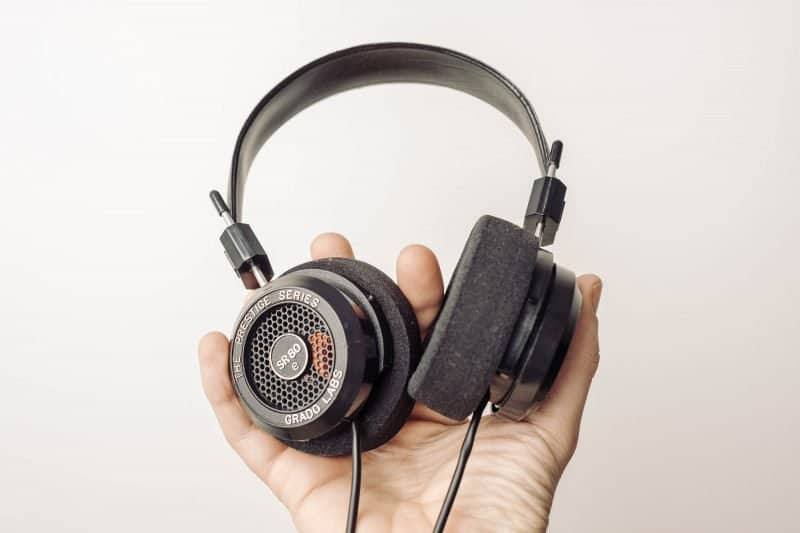
Mixers stay with their songs for hours and hours on end. Over time, you stop being able to hear the song accurately.
It becomes difficult to know if each mixing move is bringing you closer to a polished, professional track. Maybe you are moving farther away from it.
But mastering engineers have never heard your song before!
They can instantly catch your mistakes and correct them. Provided it’s something that can be fixed in the stereo file itself.
Mastering can’t fix a bad mix, but it CAN enhance a good one.
In contrast to mixing, mastering is all about making subtle broad strokes. The few dozen moves you make during the mastering stage will affect the ENTIRE song.
Mastering is an intimidating process, but the more you learn about it, the more you realize… it’s simple.
Are you interested in learning more about mastering? Check out our article on mastering your own song at home as well as our guide to the mastering chain
UPDATE: We released another video that gives you 6 steps for mastering:
So What’s The Difference Between Mixing and Mastering?
To review…
- Mixing has access to all the instruments. Mastering only has the final mix itself.
- Mixing balances individual instruments together. Mastering balances the whole song.
- Mixing is about creating balance and emotion in the song. Mastering is about making that mix sound on par with the rest of the stuff on the radio.
- Mixing is 80% of the sound of the song. Mastering is the remaining 20%.
UPDATE: We released a new video recently that shows the top 5 mixing mistakes most people make:
Next Steps
Although this isn’t a short post, we’ve only scratched the surface.
If you’re sick of not being able to translate the sound you have in your head to come out of the speakers the way you want…
And you want to finally reach industry-standard quality in your music by becoming a professionally trained mastering engineer…
Watch this next:
Enjoy!



